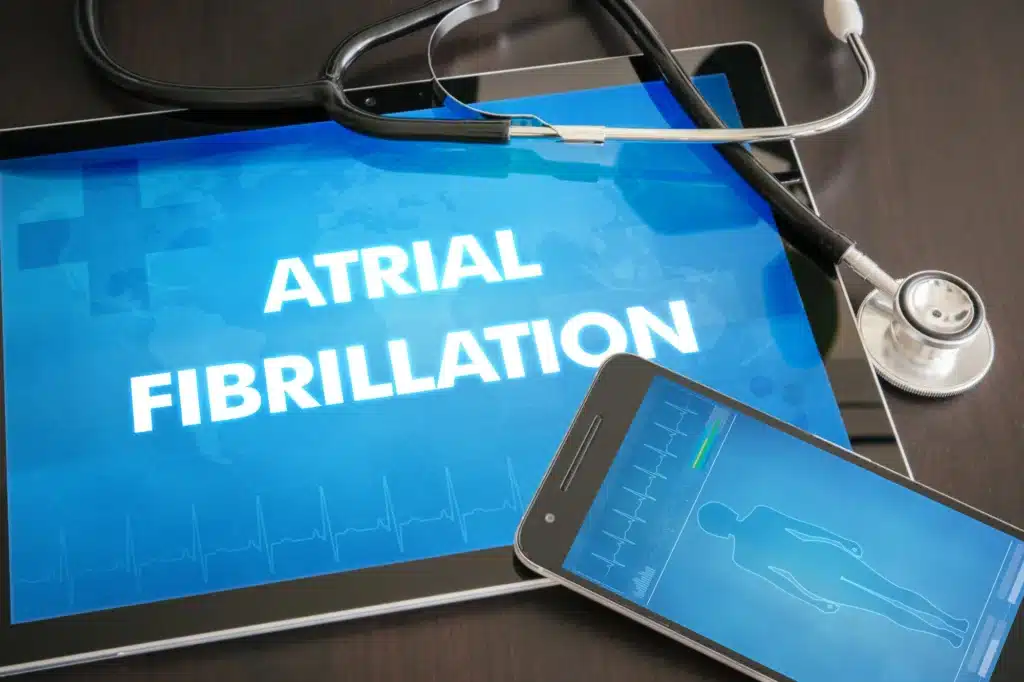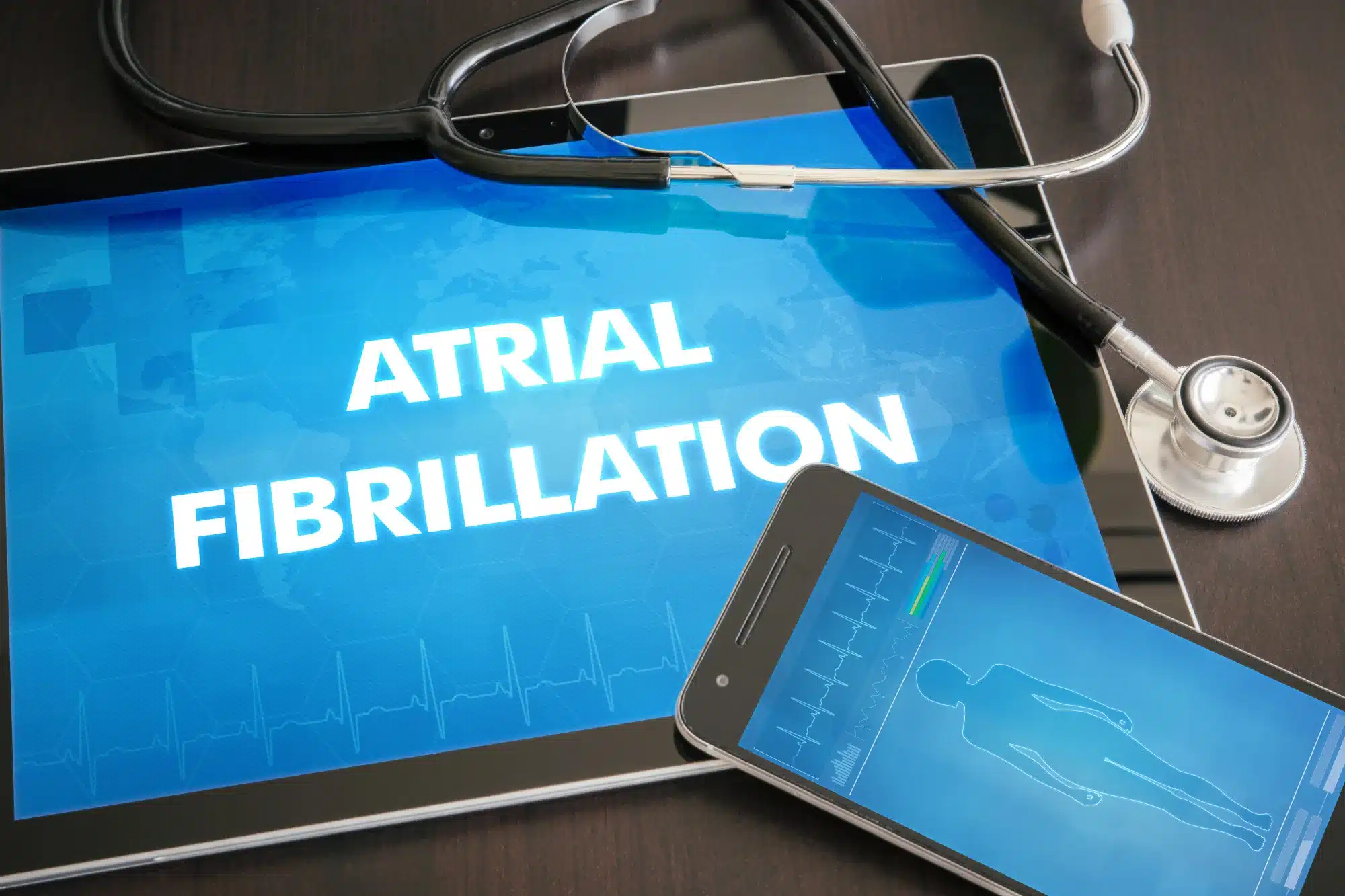
Research estimates show that atrial fibrillation will affect over 12.1 million Americans by 2050. Atrial fibrillation (AFib) is one of the most common types of heart arrhythmias. But is atrial fibrillation serious?
It can be if you don’t know how to stop it or prevent it. If you’ve never heard of AFib, learn more here about the signs, causes, and treatments.
What Is Atrial Fibrillation?
AFib is a heart disorder where the heartbeat is too fast, slow, or irregular. It affects the blood flow between the upper and lower chambers of the heart. The risks of an irregular heartbeat include:
- Increased blood clots in the brain, lungs, and other organs
- Higher chance of stroke, heart conditions, and death
- Long-term heart problems
- Possibility of heart failure
Untreated AFib can have extensive consequences and cause complications later in life. That’s why it’s important to learn more about the risks and dangers of AFib.
Signs of Atrial Fibrillation
For some, AFib can be a permanent and life-threatening condition. Others experience sporadic episodes that don’t affect their daily lives. If you’re feeling any of these symptoms, you might have AFib:
- Heart palpitations (fluttering or pounding feeling)
- Lightheadedness and dizziness
- Chest pain
- Trouble breathing
- Shortness of breath when exercising
- Body weakness
- Fatigue
The signs of AFib can often come and go very quickly and without warning. Some people don’t even realize they’re experiencing these symptoms! But if you’re encountering these sensations frequently, it’s best to see your doctor.
Causes of Atrial Fibrillation
Although people without heart issues can have AFib, heart problems are the most common cause. Some of these can include:
- Previous heart attacks
- Congenital heart defects
- Coronary artery disease
- Past heart surgeries
- Lung diseases
- High blood pressure
Viral infections, thyroid problems, and stimulant use can also lead to AFib episodes. In addition to these causes, there is a list of risk factors. People most likely to experience AFib are those who have:
- A history of heart disease
- A family history of AFib
- High blood pressure
- Chronic illnesses (diabetes, sleep apnea, etc.)
- Substance abuse issues, especially alcohol
- Obesity
But the highest risk factor for AFib is age. Adults over 65 years of age are most at risk, but that’s not all. Studies have found that the chances of AFib increase with every extra year.
Treatments for Atrial Fibrillation
Treatment for AFib involves medicine and lifestyle changes. But more severe cases may lead to surgery. Studies show that most patients benefit from anti-arrhythmic drug therapies.
This medicine aims to stabilize the heartbeat and prevent abnormal rhythms. Lifestyle changes are also encouraged for patients, including:
- Limiting alcohol and coffee intake
- Quitting smoking
- Following a healthy diet
- Losing weight, if obese
- Treating sleep apnea, if present
- Controlling blood sugar and blood pressure
Other therapies can include devices like pacemakers or a left atrial appendage (LAA). Procedures like electrical cardioversion and pulmonary vein ablation are another option. These are often the next steps if medication and lifestyle changes fail.
Take Care of Your Heart!
Any disease that affects your heart can be serious and scary. Atrial defibrillation can have serious risks, but it’s also easily managed. Living a healthy lifestyle filled with exercise and nutritious food is a good start!
For more health-related content, check out some of the posts below. Or browse the health section to learn more about wellness guides.
Getting More Information
CBD vs CBN: What’s the Cannabinoid Difference
playfh com login | The Characteristics and Features
Common Scams in the Online Financial World
Search records within distance and create appointments on map – Salesforce
Why Did Owen Pellow Kill His Wife
Way to Get a Profit from a Race
15 Ways to Get the Most Out of Your Product Name Generator
